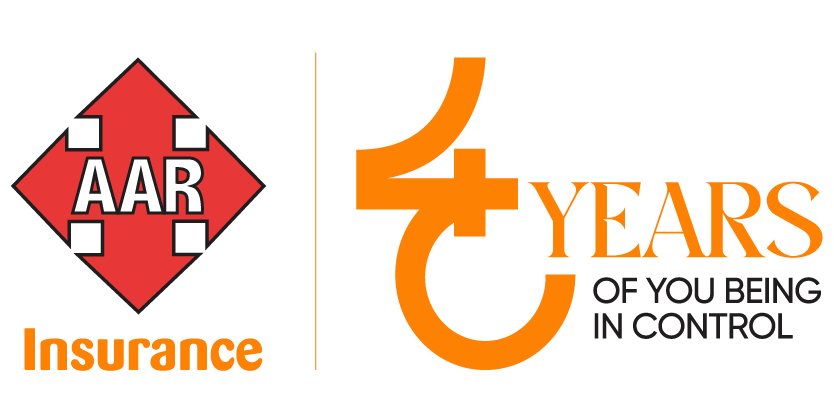Health has become a reason of concern for all irrespective of age and gender and hence it is necessary to have health insurance. When dealing with the escalating count of diseases and costly treatments, it becomes crucial to have a supporting arm for you and your kin. However, before acquiring a policy it is important to familiarize yourself with the market.

Unfortunately for many in Kenya, when you mention health insurance many only know of the NHIF and nothing beyond that. So, what are the few untold things that would help you in terms of getting a new coverage policy?
1. There is more than NHIF, do your research, choose what fits.
The National Hospital Insurance Fund is a government-run medical insurance service, developed to offer universal healthcare for all Kenyans. All employed persons in Kenya are required to be members of the fund.
However, Kenya has more than 100 insurance schemes. This is why it is important to do a thorough analysis of one’s personal needs and financial priorities. Here are a few criteria that can help you select the right health insurance plan. Consider carefully your
Lifestyle – to decide on the amount of sum assured you need to have in your policy.
Life-stage – to select the premium amount depending on your life stage i.e. single/married, with/without kids, student/working, etc.
Health conditions – To know the illness covered in the policy and buy it for your future.
2. Insurance has evolved, it is online.
In this day and era, everything has moved digital. This is the same for Insurance. Instead of running after agents or presenting yourself to the offices, you can go on the web and visit different various insurance comparison portals like AAR, and compare the policy in terms of premium paid, sum assured, coverage, benefits, etc.
This efficient process makes certain to get you the best policy at the best cost while keeping you away from the fussy paperwork
3. Hospitals covered. Cover networks and No networks.
A Network hospital is the one that signs an agreement with a particular insurer for providing cashless treatment to an individual insured with that insurer. Whereas, non-network hospitals are the ones that neither sign any contract with insurers nor provide any cashless treatment.
Here, an individual has to pay for the treatment and claim as per the company’s reimbursement process.
This is one of the most important things to consider to avoid catering for costs from your pocket.
4. You need it, even when you don’t.
Even if you are young and healthy, you still need to have health insurance. This is especially important for accidents and emergencies. Your health insurance may not pay you for your routine doctor’s visit but it is to cover you against large treatment expenses like illness or injury.
All things considered; it is paramount to have this information at your fingertips especially in such times as we are living in. Knowledge has always been regarded as power.












